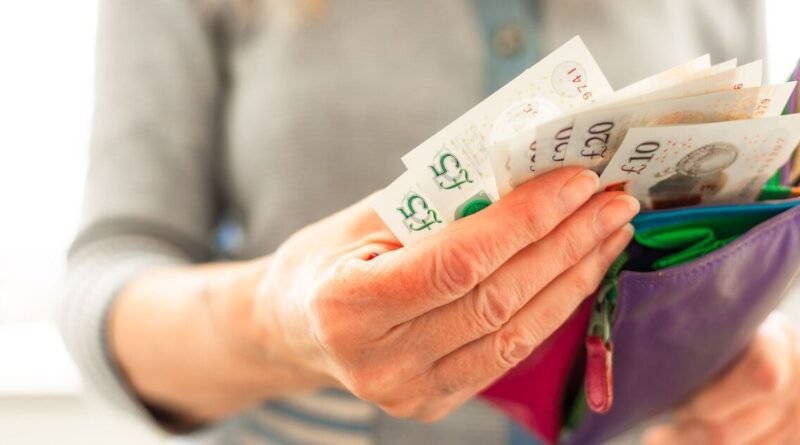Older state pensioners missing out on £575 triple lock boost | Personal Finance | Finance
State pensioners across the UK will be handed a £575 boost from April 2026 following the latest triple lock being confirmed. But not all state pensioners. In fact, older state pensioners will miss out on the lion’s share of the annual increase because although the triple lock is applied equally, older pensioners will be starting from a much lower base.
The triple lock is the system by which the DWP must raise state pension payments every year. It means that pensions must rise by either wage growth, inflation or a flat 2.5%, whichever of the three is highest. Because wage growth for September has now been confirmed at 4.8%, it will be the metric used to calculate the rise next year, rather than inflation which is only at 3.8%. New state pensioners will get a confirmed 4.8% increase to their state pension pot from April, equalling £575, raising their weekly payment from £230.25 to £241.30, assuming they have a full qualifying National Insurance record.
Older state pensioners, who retired before 2016, are only eligible for the old basic state pension. Even with a full National Insurance record, they only get £176.45 per week, which will rise to £184.90 per week, or £439.40 extra per year. It means older state pensioners will get £136 less added to their annual state pension than new state pensioners, and the gap between the two will remain. A new state pensioner will get a total of £12,548 per year but an older state pensioner will only get £9,615, a difference of £2,933 per year.
Of course, older state pensioners can use Pension Credit to top up some of the difference, but only if they don’t have other savings or income as Pension Credit is means tested, whereas the state pension is not.
New state pensioners with no other income will be very close to the Income Tax threshold though.
Sir Steve Webb,of pension consultants firm LCP and former pensions minister, said the full new state pension is now “creeping ever closer to the frozen personal tax allowance.”
In 2026, it will be worth just £22.40 less than the personal allowance, and will definitely exceed it from 2027.
He added: “It is already the case that nearly three quarters of all pensioners pay income tax, and the ongoing freeze in tax thresholds coupled with steady rises in the pension will drag more and more into the tax net.”





